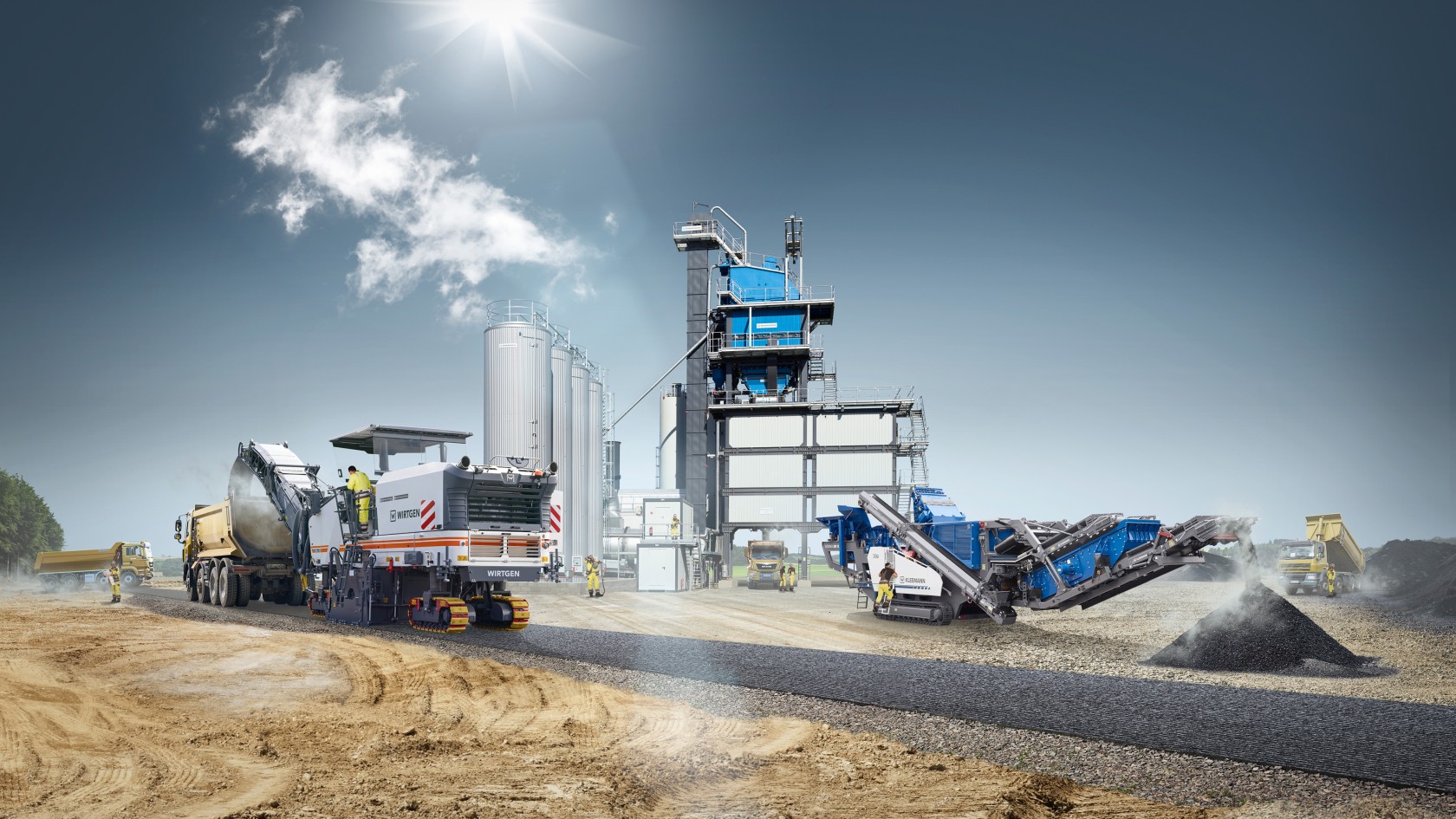Asphalt Recycling


In industrially developed countries, significantly more roads are rehabilitated or extended than completely new roads are built. But what happens to the old road surface?
Recycling asphalt is an economic imperative in order to conserve natural resources. Using the maximum amount of recycled asphalt not only protects the environment, it also positively affects RAP prices.
BENNINGHOVEN offers a wide range of “hot and cold” recycling feeder systems designed to produce the highest quality RAP. The recycling systems can also be individually customized and integrated to retrofit existing asphalt mixing plants. The maximum theoretical amount of RAP that can be added to the mix depends largely on its grading curve – or, to put it another way, on the quantity, size, and composition of its constituents. As a result, one goal must be to align the PSD curve of the crushed RAP as closely as possible to the desired grading curve of the final asphalt product.
“BENNINGHOVEN offers recycling technologies – whether hot or cold feeder systems – for every customer need.”
Recycling TechnologiesFirst, however, the asphalt must be recovered by removing individual layers of the road structure. Cold milling machines are perfect for this because they are capable of selectively milling these layers. As a result, it’s possible to remove the surface layer, binder course, and base layer separately and recycle them separately.
“WIRTGEN’s leveling technology adjusts height, depth, and pitch for extremely accurate results.”
WIRTGEN Leveling Technology